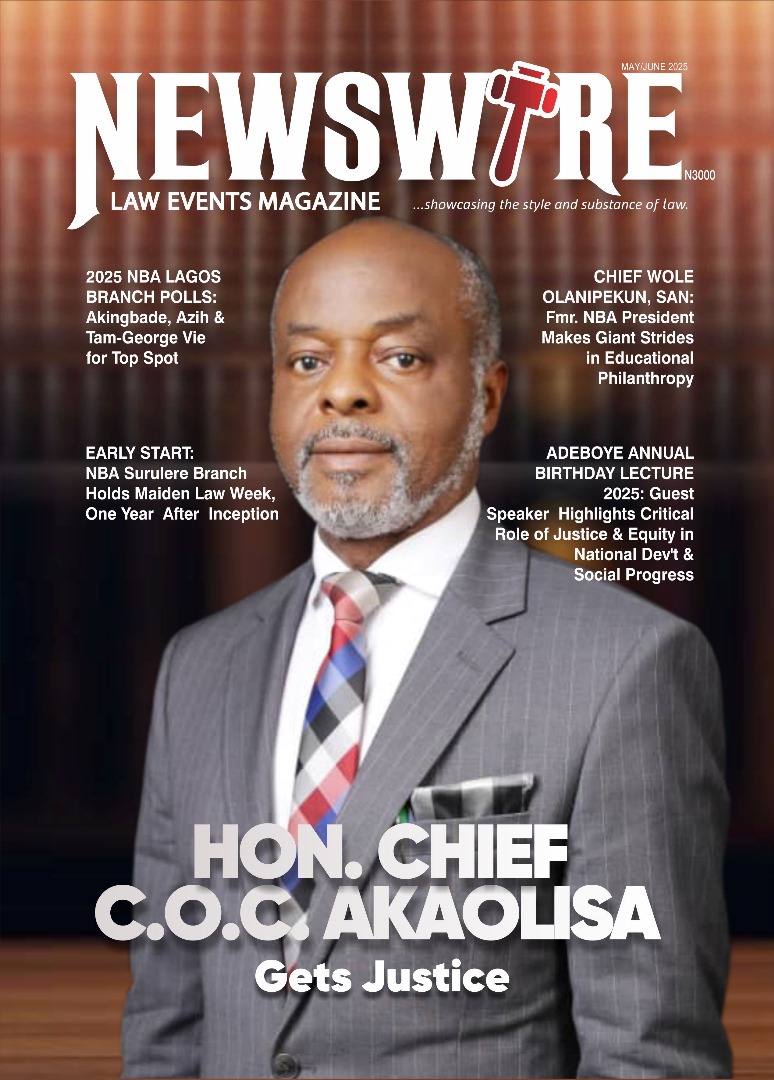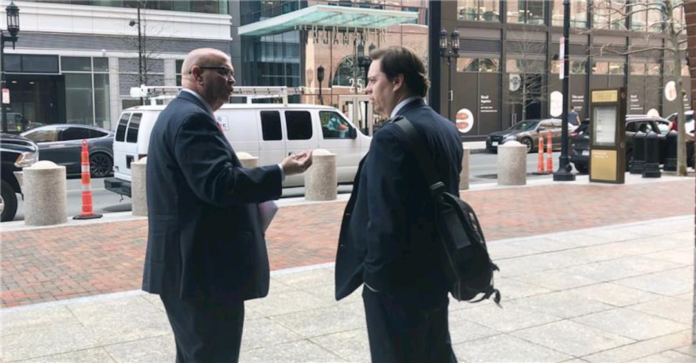The U.S. Justice Department has lost its bid to convince a federal appeals court to break with its counterparts in other circuit courts and rule that a defendant’s conviction does not get wiped away just because he died while his appeal was pending.
The Boston-based 1st U.S. Circuit Court of Appeals on Tuesday joined, opens new tab with all 11 other regional federal appeals courts by recognizing a legal doctrine that requires former PixarBio Corp CEO Frank Reynolds’ securities fraud conviction to be scrapped because he died in 2022.
Reynolds was found guilty in 2019 by a federal jury of carrying out a scheme to mislead investors into believing he was a successful inventor with a drug in development that would end opioid addiction.
Prosecutors had said the claims he made about himself, the drug and its regulatory approval timeline were overhyped and untrue and that his goal was to defraud investors out of their money, pump up the value of his company’s stock and get rich in the process.
He was sentenced in 2020 to seven years in prison and ordered to forfeit $280,000 and pay $7.55 million in restitution to his victims. Those financial orders will be vacated too, which means prosecutors now would need to pursue a new civil case against Reynolds’ estate to recover money for his victims.
The court’s ruling relied on the legal doctrine known as “abatement ab initio,” under which trial convictions are vacated when defendants die before they can exhaust their appeals, as Reynolds did.
Chief U.S. Circuit Judge David Barron, writing for Tuesday’s three-judge panel, said that doctrine was first applied in the federal courts in the late 19th century with the rationale being that defendants have a right to an appeal and death precludes their convictions from being tested on appeal.
Prosecutors had called it an “unsound” practice that lacked a constitutional basis and was inconsistent with laws like the Mandatory Victims Restitution Act and Crime Victims Rights Act that seek to respect victims’ rights.
Prosecutors noted that 31 states have abandoned the practice, including Massachusetts, whose high court in 2019 reinstated former NFL star Aaron Hernandez’s murder conviction following his suicide and deemed the doctrine “outdated.”
But while Barron acknowledged several state high courts had scrapped the practice, he said the U.S. Supreme Court has not, nor has it cast doubt on what it described in 1971’s Durham v. United States as the “impressive” unanimity of the federal appeals courts that have tackled the issue over the years.
“Given that direct appeals are no less integral to the federal criminal process than they were at the time that the Supreme Court described this still-reigning consensus as ‘correct,’ we see no reason to break with it,” Barron wrote.
The case is U.S. v. Reynolds, 1st U.S. Circuit Court of Appeals, No. 20-1268.
For the United States: Mark Quinlivan of the U.S. Attorney’s Office for the District of Massachusetts
For the opposing side: Judith Mizner of the Federal Defender Office
-Advertisement-
Grab our latest Magazine, "Hon. Chief C.O.C Akaolisa gets justice". Get your order fast and stress free.
For more details about Newswire Law&Events Magazine, kindly reach out to us on 08039218044, 09070309355. Email: newswiremagazine@yahoo.co.uk. You will be glad you did






